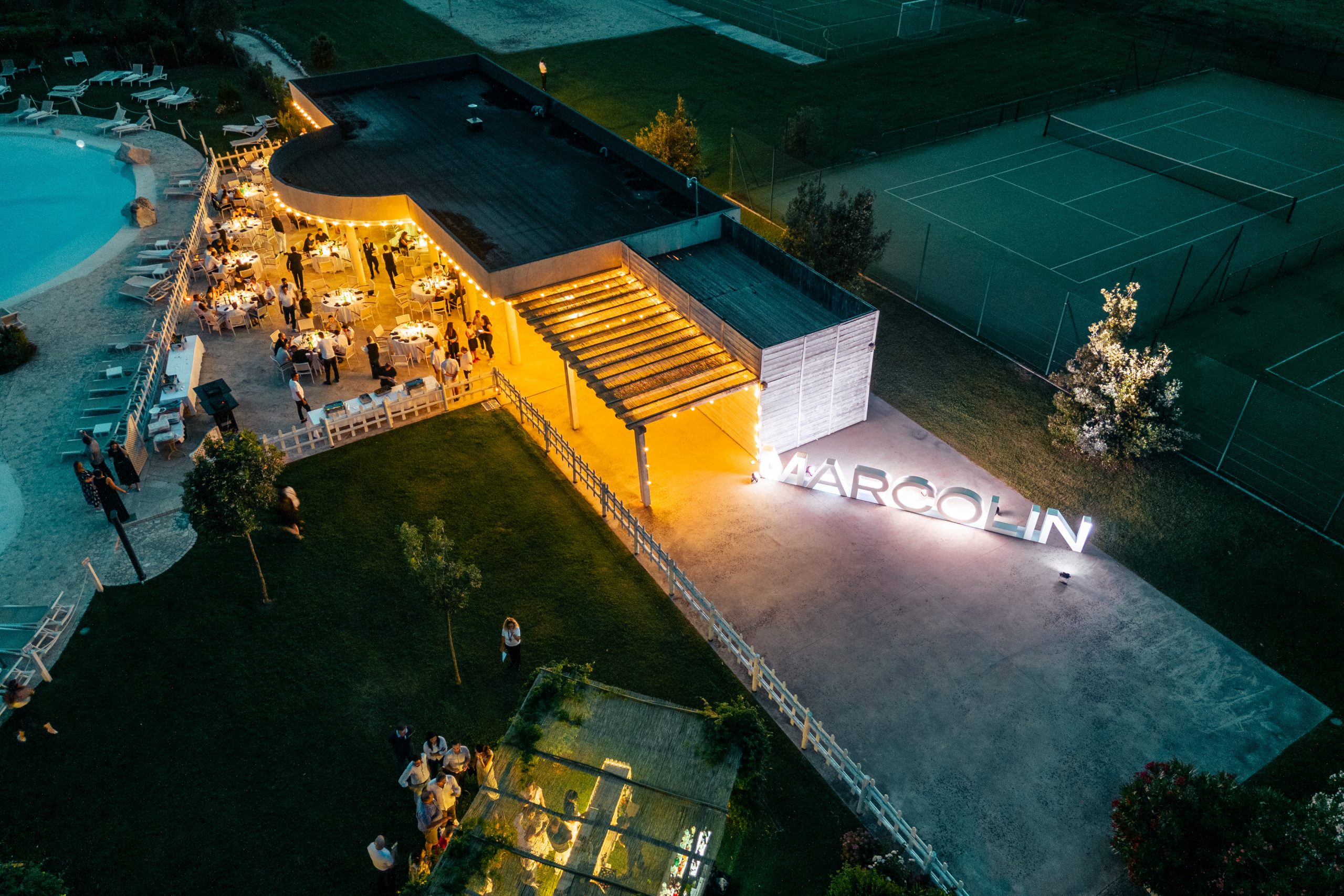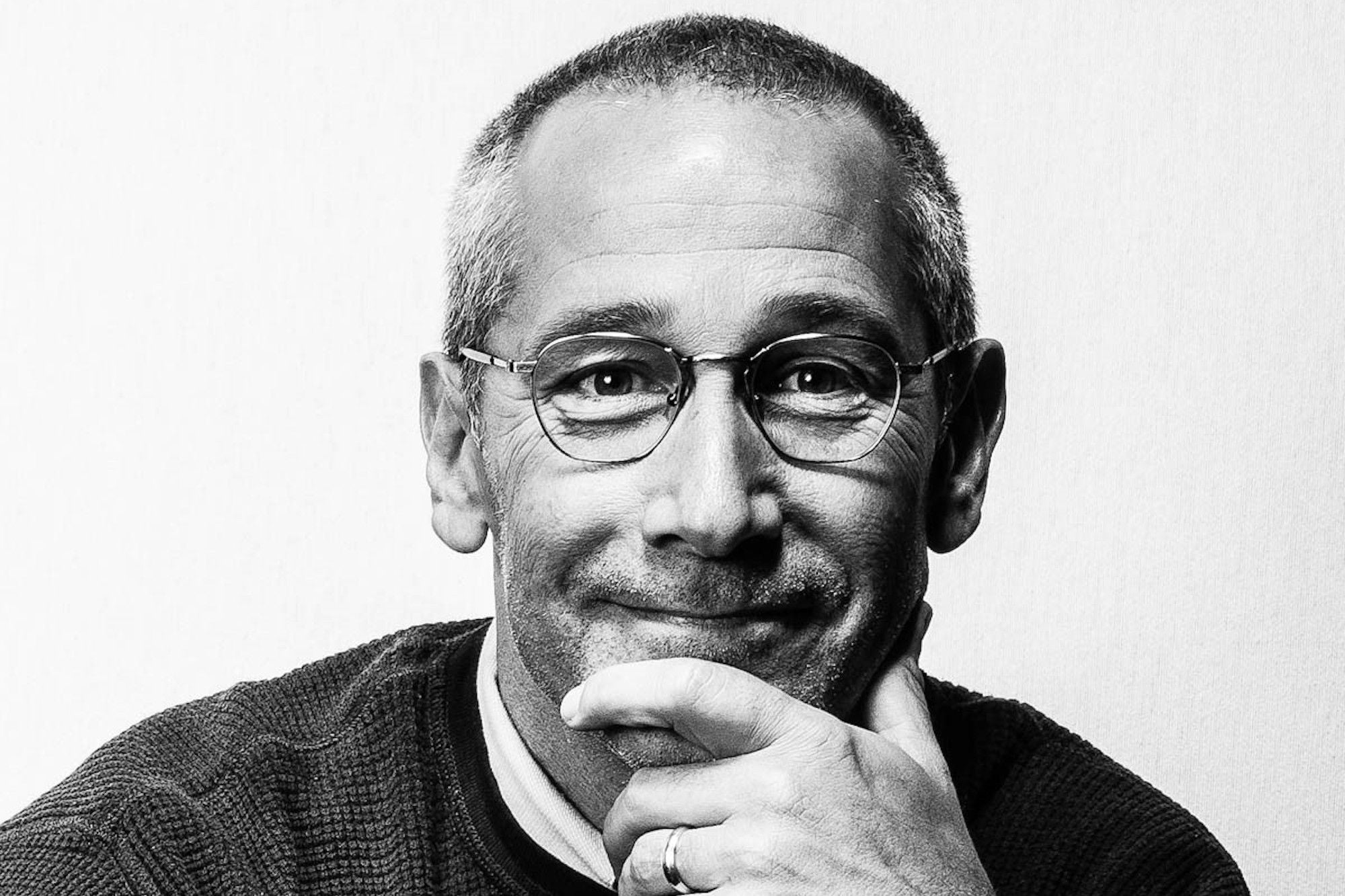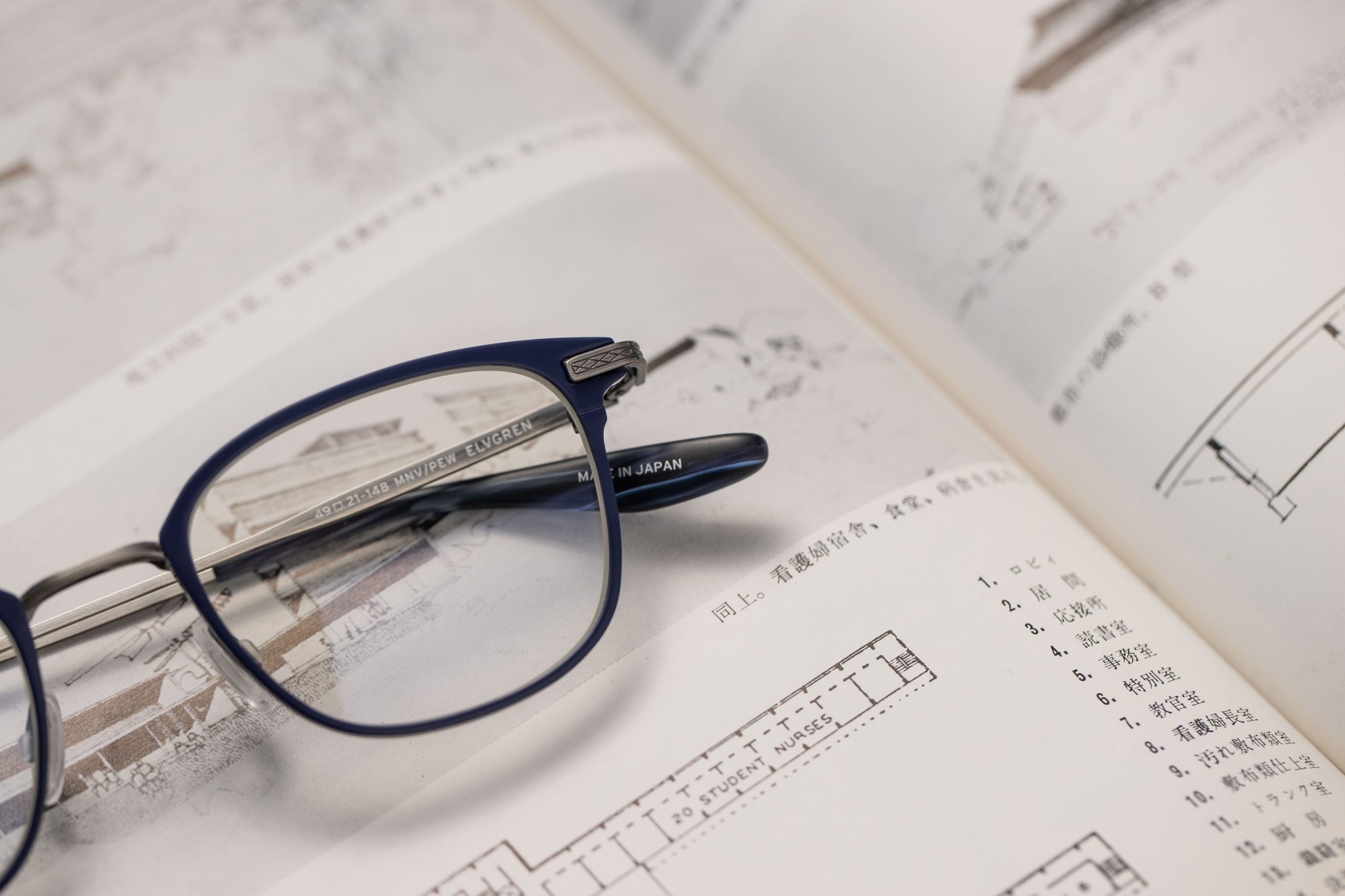You never forget your first pair of glasses.
This is what happened to Arianna Foscarini, an image consultant specialising in eyewear with several aces up her sleeve: the first is that underpinning what has become a long-standing profession, as a professional optician, were years of technical and scientific training in ophthalmology, followed by further training in areas such as fashion and design. The second is that her passion for eyewear took its first steps in a family environment with marked creative and artistic roots, which made it immediately clear to her that sometimes applying formulas to the letter only works on paper. So, when at the age of 14 she had to wear the prescription glasses that successfully corrected her myopia, she made a painful discovery: they did not do her justice on an aesthetic level but forced her to wear that form of discomfort which, at school, as many have experienced, led to her being called four-eyes. This personal experience inspired her life’s mission, to support people in choosing the right glasses to express their uniqueness. Because you need allies to give substance to your style. And a pair of glasses can make all the difference.
Elongated glasses, such as cat eye or butterfly, are perfect for round faces

A question of method: Foskap.
Arianna is the only image consultant, specialising in eyewear, to have formulated her own method about ten years ago, the result of extensive professional experience as an optician. Foskap combines the convenience of tests that bring aesthetics and technique together, through colour analysis and the shape of the glasses to be chosen by analysing the person’s face. “Often, people choose a pair of glasses solely on the basis of the shape of their face,” explains Arianna. “In actual fact, this ignores many other characteristics of the face that are decisive for the purpose, such as volume for example – a face can be gaunt or flat – the size of the nose, on which the glasses fit, which catalyses attention by being in the centre of the face.” “The other very important part is the golden ratio, in which the eyes, in terms of their refractive aspect, size, shape, their distance, and, finally, the mouth are fundamental.”
Ofte, people choose a pair of glasses solely on the basis of the shape of their faces. Triangle faces suit the famous Pilot glasses

Shape is also inspiration.
The shape of the face is the starting point in Arianna’s method and an inspiration at the same time. For example, all shapes of spectacles suit the oval face, identified by Leonardo Da Vinci as the perfect shape. “In this case, it is important to harmonise volumes and enhance the person’s specific points of seduction: the eyes or mouth for example.” It is precisely from Da Vinci’s face of perfection that the harmonisation of Arianna’s method works, using optical tricks. For this reason, the four corners typical of a square face will be softened by the rounded shapes of the glasses. Conversely, a round face without sharp edges needs movement. “Elongated glasses, such as cat eye or butterfly, are perfect in this case. Another important factor is the facial volume, on which, in the case of a particularly full face, it is possible to intervene by choosing a suitable material, such as metals.” What about the distinctive triangle face? “It’s the only face the famous Pilot glasses suit.” While this is extremely true from a technical point of view, from a stylistic point of view, personality is a decisive component when choosing a pair of glasses. It may be that the right shape on paper doesn’t match the character of the person who is supposed to wear it. In that case, we have to work on opposites and tricks, because sometimes, in order to bring ideal and style together, we need modern-day alchemists.



















